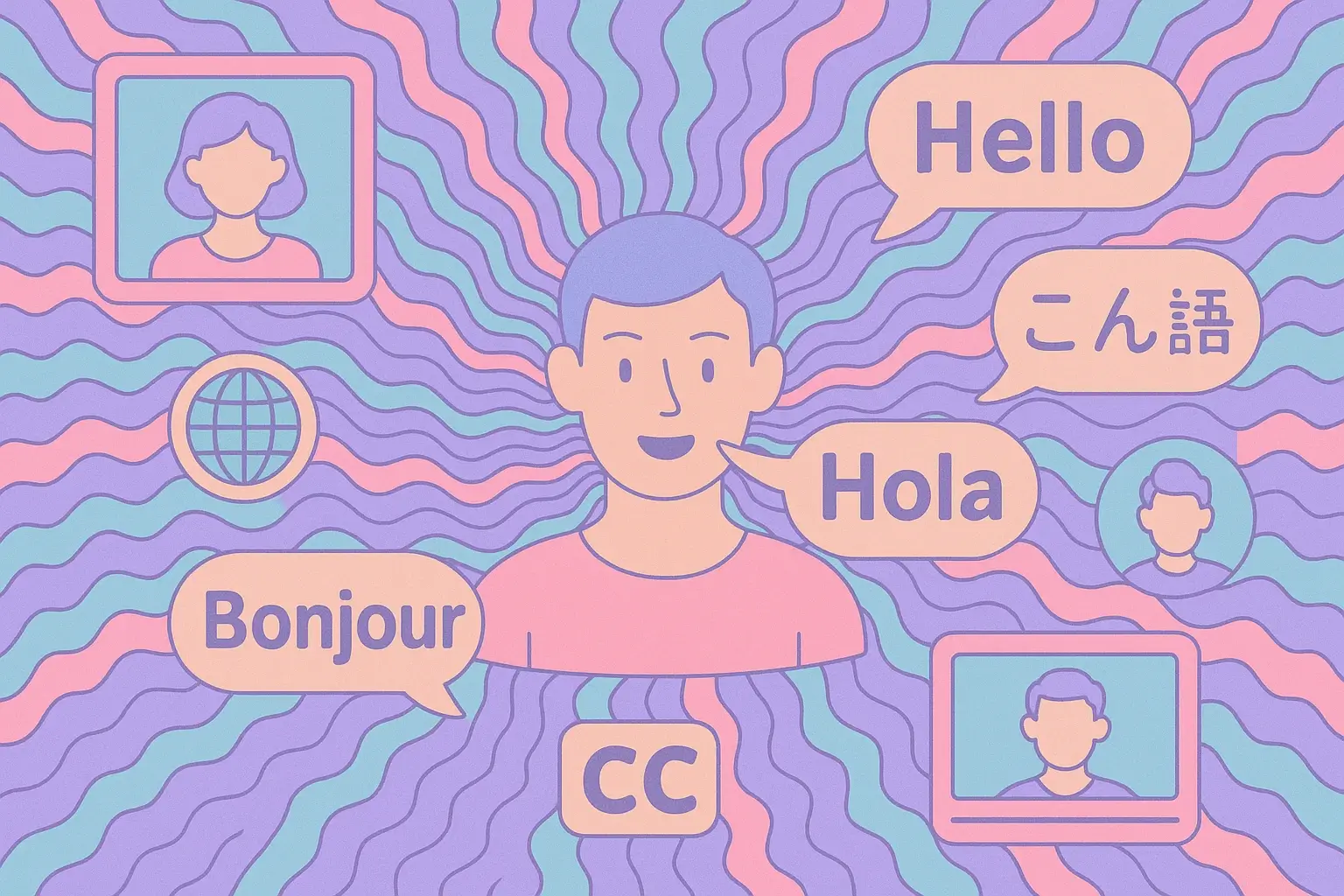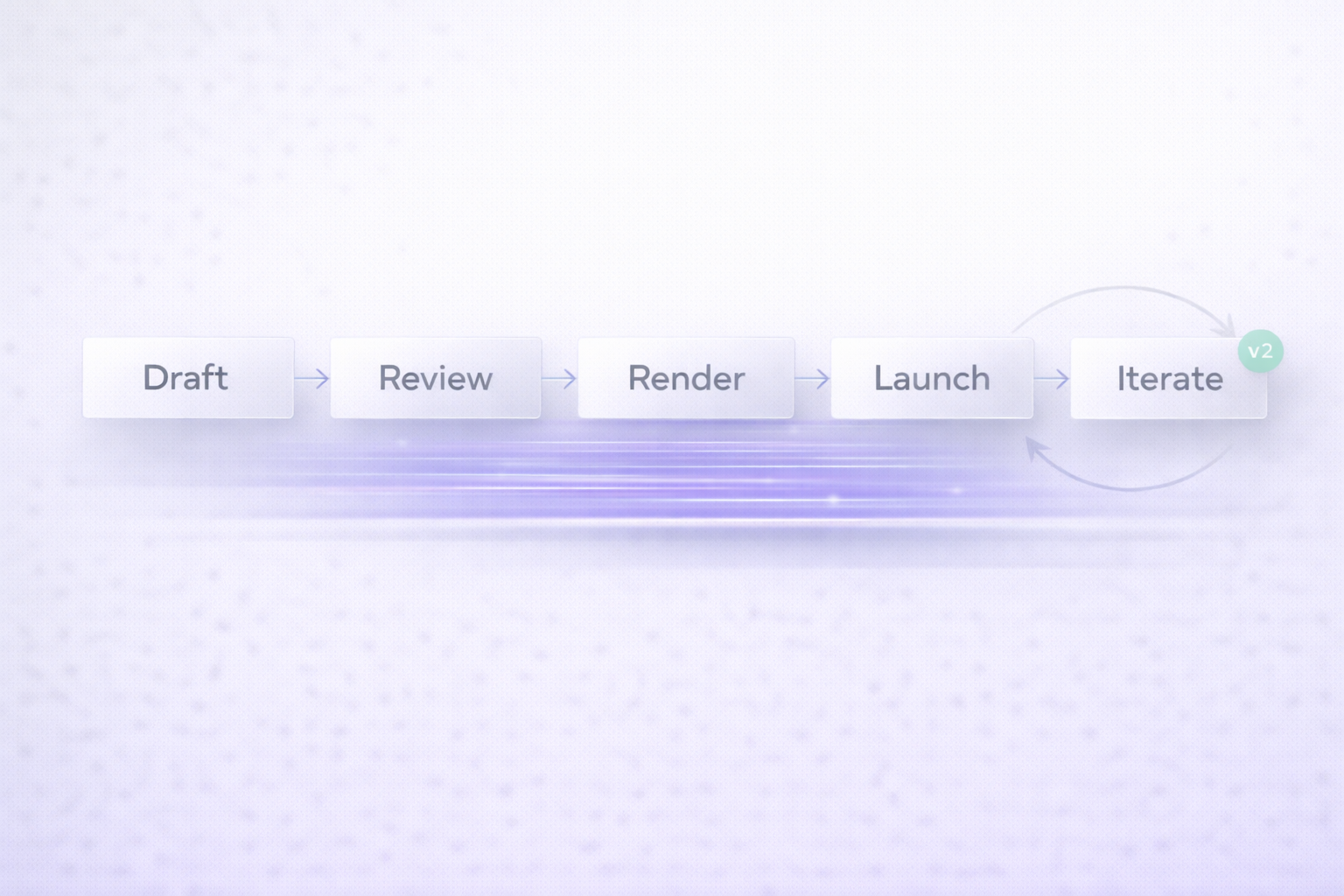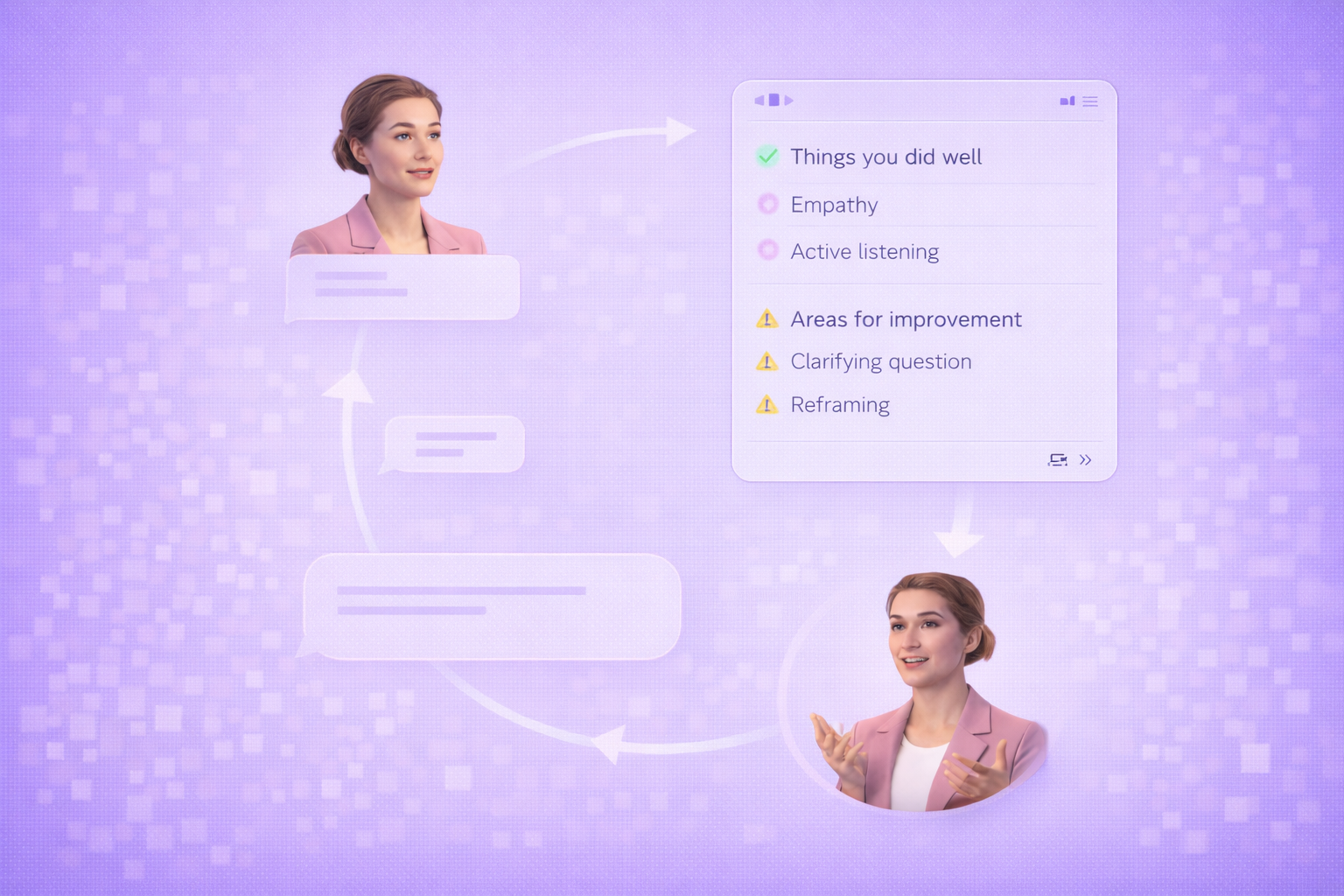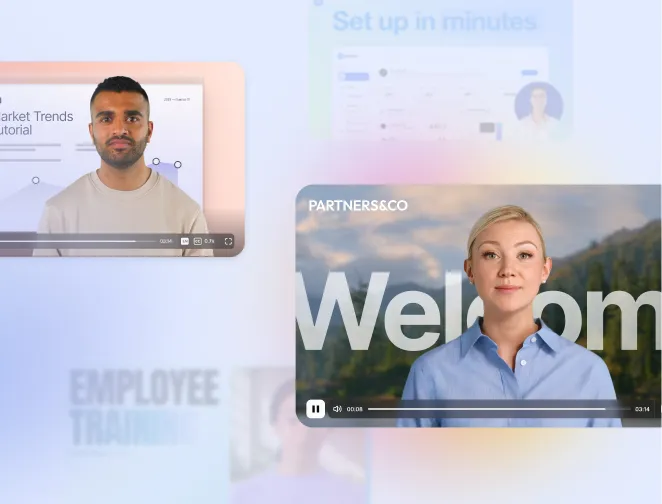It’s now 2026, more than three years after the AI boom was kicked off by the launch of ChatGPT in November 2022. Since then, AI has quietly embedded itself into everyday work and personal life, and the number of tools available has exploded.
Rather than listing everything, I’ve focused on the tools people are actually using to get real, practical work done, and that you might genuinely find useful too.
The 12 best AI tools in 2026
- ChatGPT helps with writing, coding, images, video, and Q&A in chat.
- Gemini helps with search, writing, coding, and working with images, video, and files.
- Veo generates creative AI videos from text or image prompts.
- Claude helps produce clear writing and is great at handling coding and long documents.
- Grok focuses on real-time and trending topics, with image and video generation.
- NotebookLM answers questions using your own documents.
- Lovable builds simple web apps from plain-English prompts.
- ElevenLabs generates realistic voices, text-to-speech, and voice agents.
- Synthesia creates business videos and video agents from scripts and documents.
- Higgsfield provides access to many AI video models in one subscription.
- Gamma turns notes into presentations, documents, and simple webpages.
- Fathom records meetings and produces summaries and action items.
1. ChatGPT
Helps with writing, coding, images, videos, and answering questions through chat.
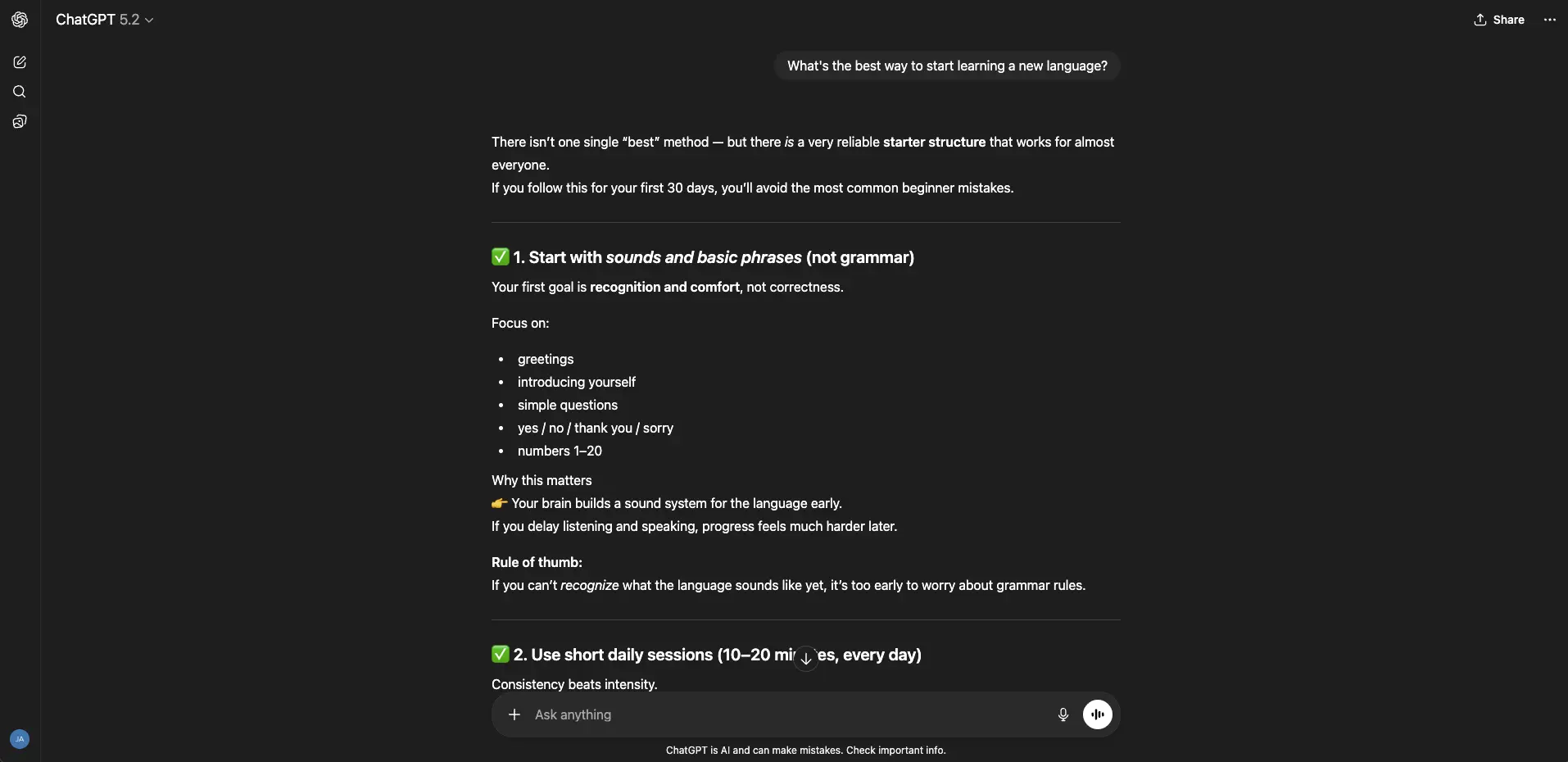
URL: https://chatgpt.com/
ChatGPT is a general-purpose AI assistant used for writing, research, analysis, and problem-solving. You can upload PDFs, spreadsheets, screenshots, and other files, then ask it to summarize, extract insights, or analyze data. It’s designed to handle a wide range of personal and professional tasks in one place.
ChatGPT can save you a lot of time. It’s especially strong at document analysis and structured data — spotting trends in spreadsheets, summarizing long reports or blog articles, and generating clear takeaways quickly.
It also connects to OpenAI’s broader ecosystem, including Sora 2, which focuses on AI video generation. Sora 2 is built for cinematic, story-driven clips with dialogue and emotional coherence, making it one of the more advanced options for narrative video creation.
The main drawbacks are usage limits on the free tier and the need to fact-check important outputs. Access to the most advanced models and features requires a paid plan (Plus starts at $20/month).
Common use cases include analyzing documents and spreadsheets, drafting and editing content, research support, brainstorming ideas, summarizing complex material, and — through Sora 2 — experimenting with short, story-driven AI video.
2. Gemini
Helps with search, writing, coding, and working with images, videos, and files.
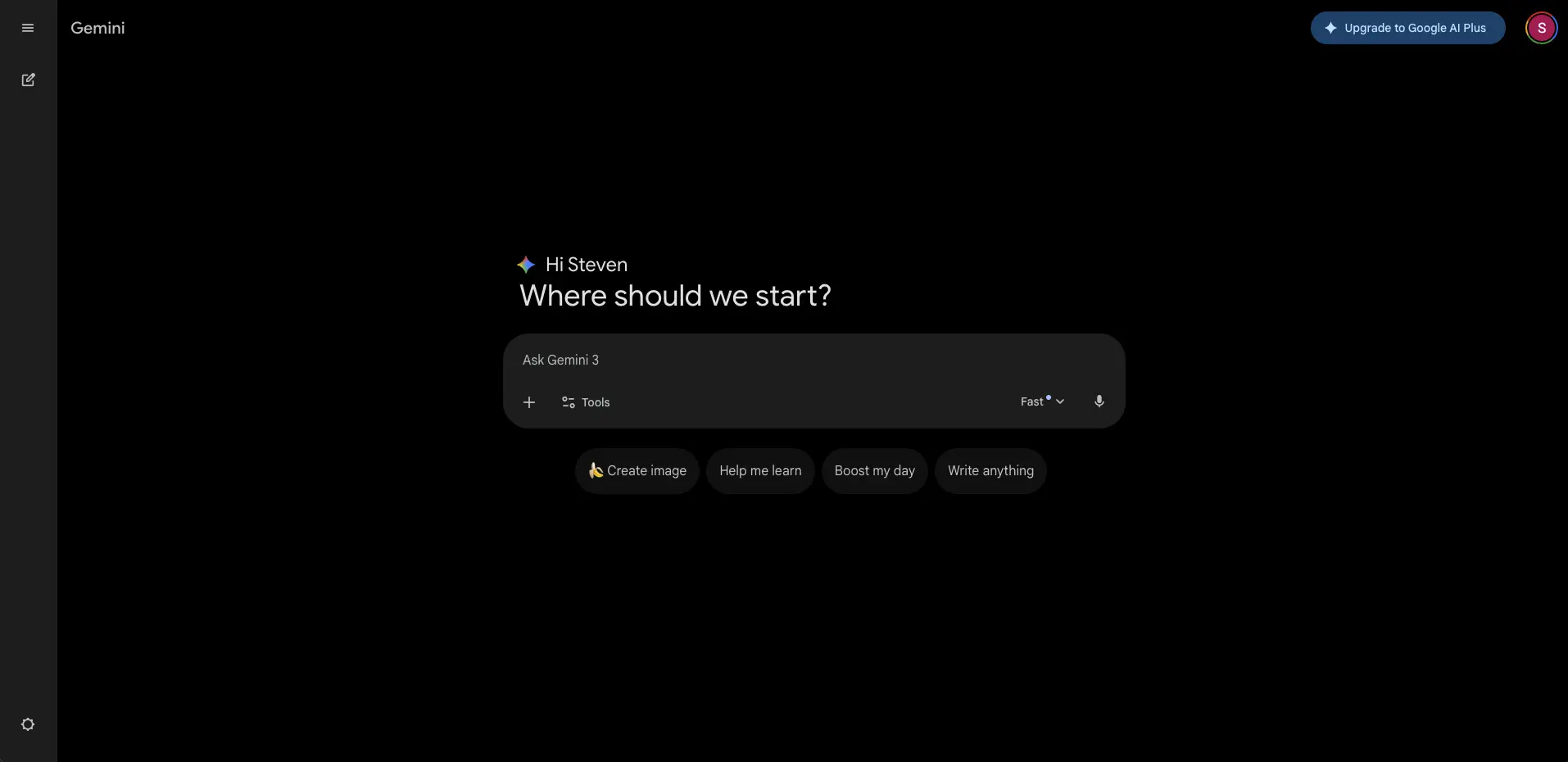
URL: https://gemini.google.com/
Gemini is Google’s AI assistant and one of the top-performing large language models in public benchmarks. It’s built for research, writing, analysis, and working across text, audio, and images.
Gemini can handle extremely large amounts of text at once, so you can upload long papers or dense documents and keep asking detailed follow-up questions without it losing context. The audio overview feature turns documents into short, podcast-style summaries, which makes absorbing complex material easier.
It also includes Deep Research for more structured, web-informed analysis. On the image side, Nano Banana is fast and highly flexible, capable of precise edits, background swaps, object additions, and full scene transformations.
The main drawbacks are that the most advanced features sit behind paid Pro and Ultra plans, and like any AI system, it still requires fact-checking for important work.
Common use cases include summarizing research, analyzing long documents, studying, drafting reports, performing in-depth research, editing images, redesigning photos, and quickly transforming visual concepts without traditional design tools.
3. Veo
Generates creative AI videos from text or image prompts.
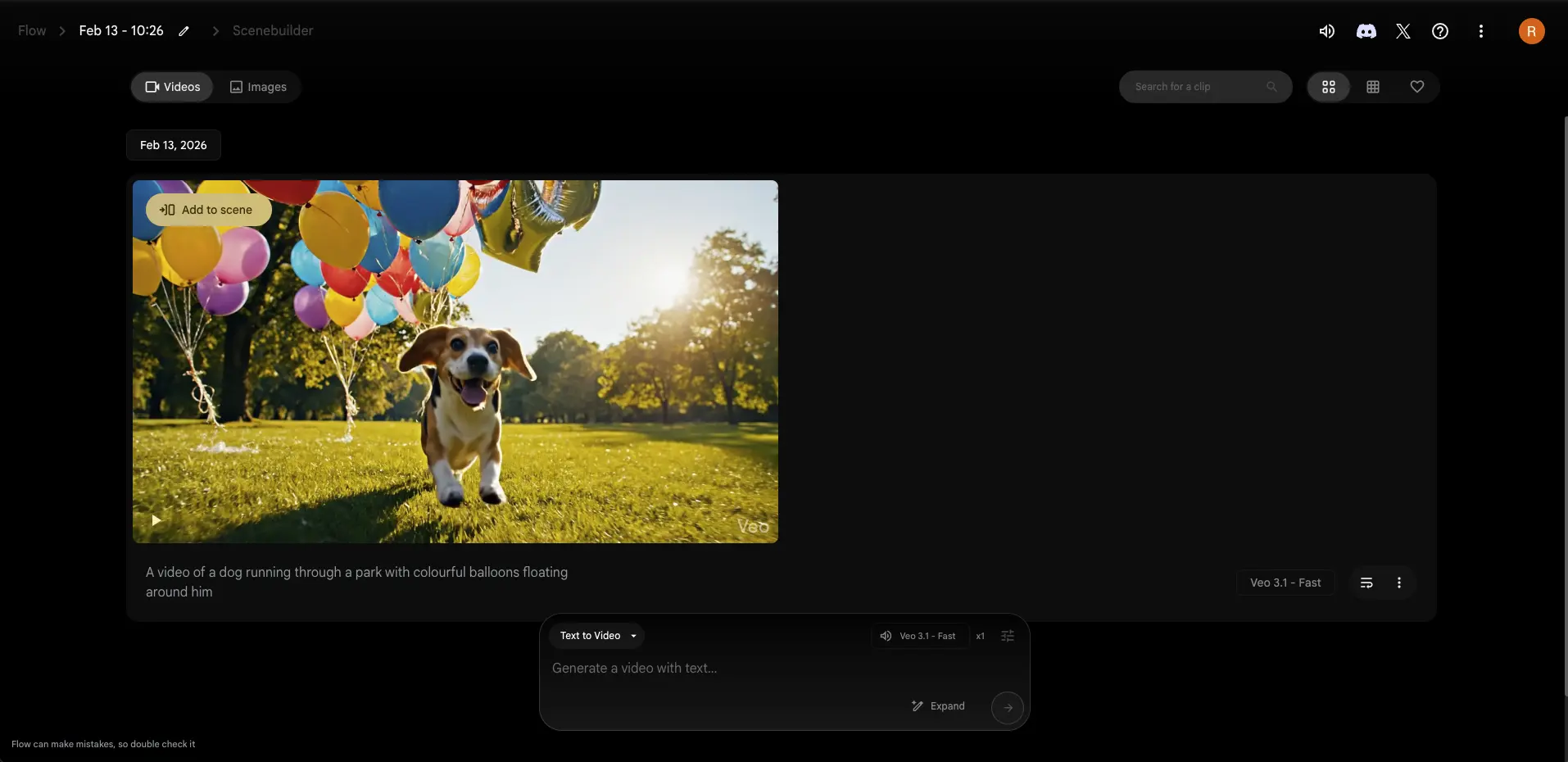
URL: https://labs.google/fx/tools/flow
Veo 3.2 creates short, cinematic video clips from text prompts or images. You describe a scene, and it generates a polished shot with realistic lighting, natural motion, and synchronized sound.
Lighting behaves as expected, camera movement feels smooth, and objects don’t distort as often as they do in many other generators. It’s particularly strong for dramatic moments, trailers, branded visuals, and mood-driven scenes where realism and atmosphere matter.
The main downsides are practical: clips are short, rendering can take time, and it sits at the higher end in terms of cost. It’s not built for long, dialogue-heavy storytelling or fast, low-cost experimentation.
Common use cases include product ads and brand spots, social media teasers, concept visuals for films or games, mood pieces, and high-impact cinematic shots where visual quality matters more than length.
4. Claude
Helps produce clear writing and is great at handling coding and long documents.
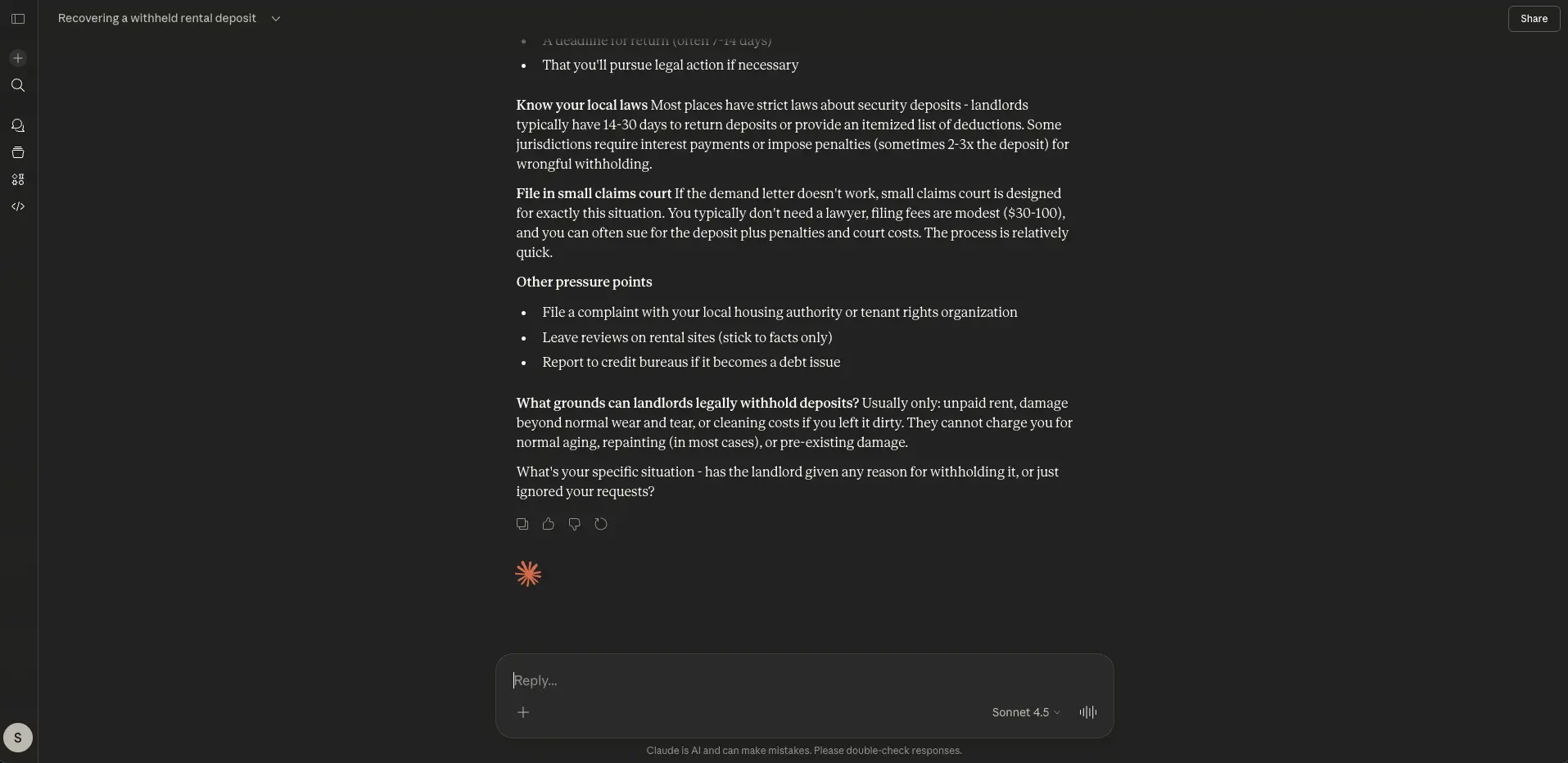
URL: https://claude.ai/
Claude is Anthropic’s AI assistant and has become a favorite for coding and structured reasoning. While it can handle writing and research, it’s especially well regarded in development workflows.
Claude consistently produces clean, well-documented code and explains it in plain English, with fewer logic errors than many alternatives. Claude Code is focused specifically on development, helping you work directly with real projects and larger codebases rather than just generating snippets in chat.
Separately, Claude Cowork, built into the desktop app, is designed to carry out multi-step tasks on your computer for you. Instead of only suggesting actions, it can execute workflows across files and tools without you needing to write code — which makes it powerful even for non-technical users who want automation without setup.
The main drawbacks are usage limits on the free tier and higher pricing for advanced plans (Pro at $20/month, Max starting at $100/month). Its strongest advantage remains in technical and structured problem-solving.
Common use cases include software development, debugging, refactoring, technical writing, research, learning to code, and automating multi-step desktop tasks without building custom scripts.
5. Grok
Focuses on real-time and trending topics, with image and video generation.

URL: https://grok.com/
Grok is an AI assistant most commonly used inside X. Users regularly tag it to fact-check posts or jump into debates, which has made AI part of everyday conversations on the platform.
Features like “Think” and “Deep Search” improve response quality, and its image generation is flexible enough for memes, celebrities, and brand-related content that other tools might restrict. It’s fast, capable, and tightly integrated into X.
The main drawbacks are that higher usage and the latest models require an X paid tier, and the looser moderation can be polarizing. The constant AI tagging on posts can also disrupt normal conversation flow.
Common use cases include real-time fact-checking, research, debate, meme creation, uncensored image generation, and quick creative experiments. Grok Imagine extends this into fast AI video generation, mainly for rapid visual ideas and short, expressive clips.
6. NotebookLM
Answers questions using your own documents.
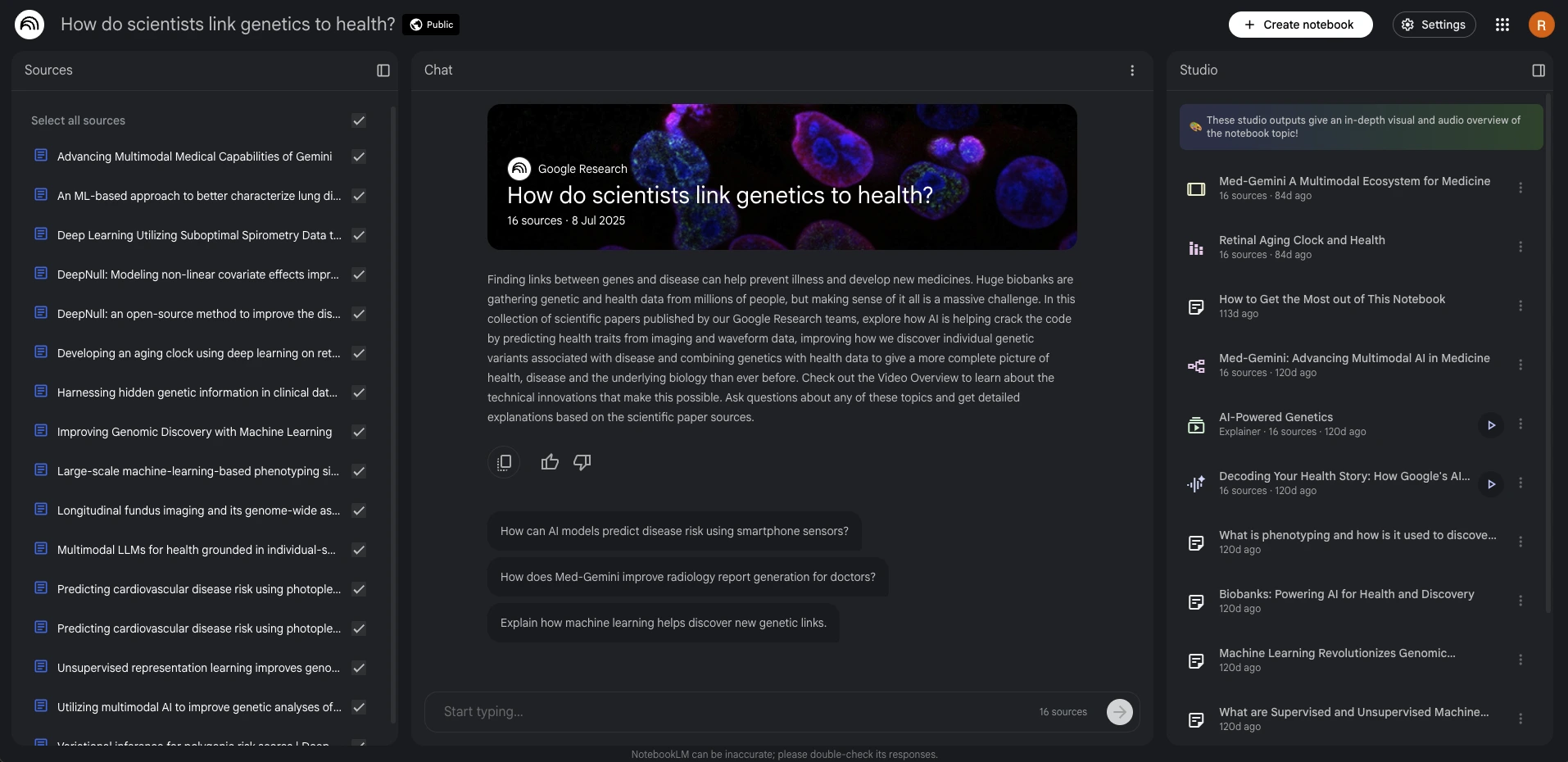
URL: https://notebooklm.google/
NotebookLM helps you understand and organize large amounts of information. You upload notes, PDFs, or course materials, and it summarizes them, answers questions about them, and pulls key ideas together into clear overviews. It also includes an audio summary feature that turns your material into a podcast-style recap, which makes reviewing content more engaging.
Instead of rereading everything, you can get concise summaries, ask follow-up questions, and quickly identify gaps in your understanding. The audio feature is especially useful for revision or learning on the go. For a free tool, the depth and usefulness are impressive.
The main drawbacks are that it can occasionally misinterpret details, so you still need to double-check important facts. There are also usage limits on the free plan, especially for queries and audio summaries.
Common use cases include studying for exams, reviewing research papers, summarizing long documents, preparing reports, organizing project materials, and quickly getting up to speed on dense subject matter.
7. Lovable
Builds simple web apps from plain-English prompts.
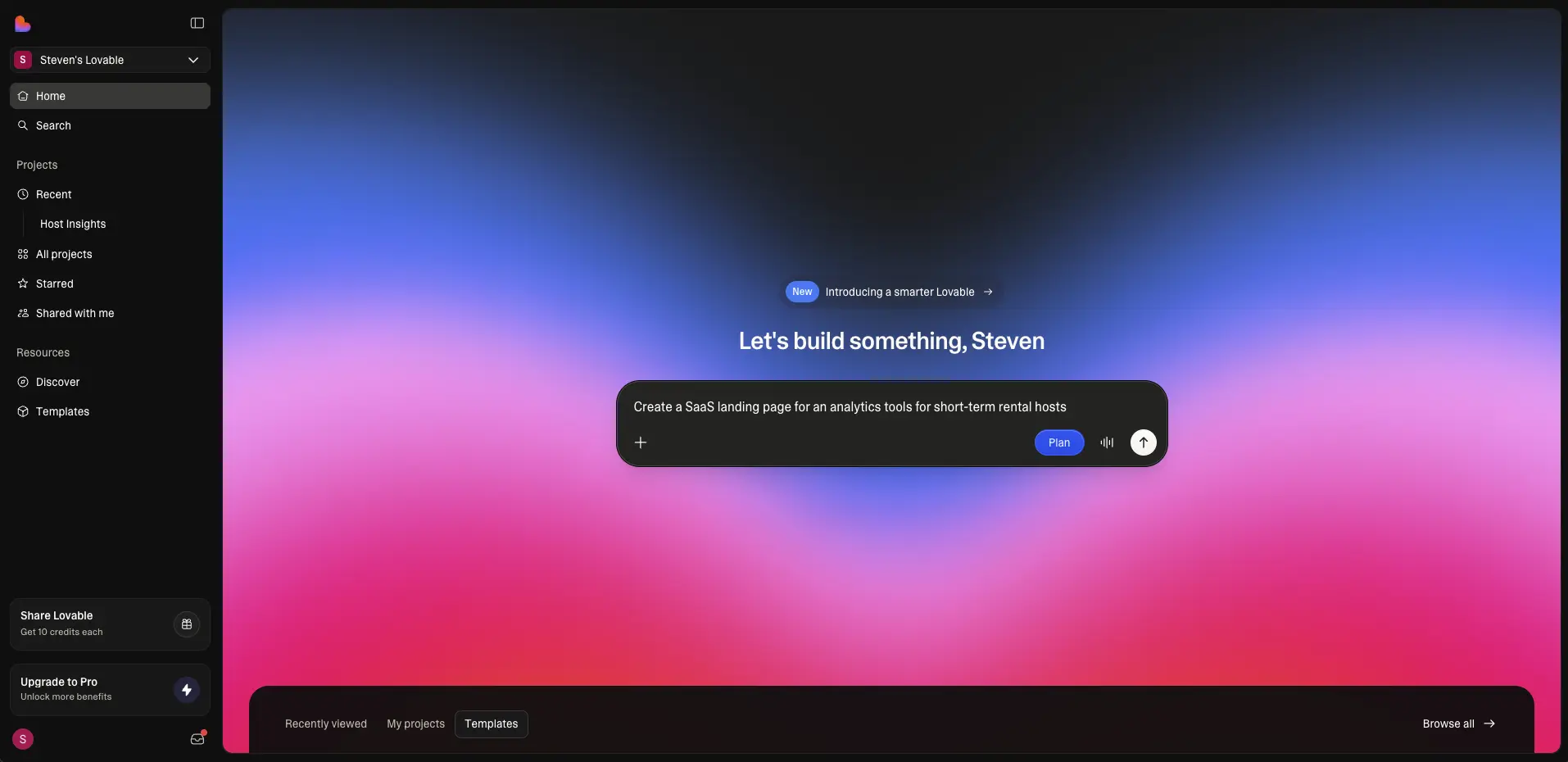
URL: https://lovable.dev/
Lovable lets you build apps and websites by describing what you want in plain language. Instead of writing code, you prompt it to create things like portfolio sites, simple productivity tools, or interactive widgets — and it generates working software you can use or embed.
Non-coders can build functional apps that would normally require a developer, and for straightforward projects it works surprisingly well. It handles simple websites, mini web apps, and embeddable tools with minimal setup, which makes it especially appealing for marketers, founders, and solo operators who want to move fast.
The main drawback is scope. It’s not a shortcut to a complex, enterprise-grade SaaS product. More advanced systems still require experienced engineers and deeper customization. It’s best viewed as a powerful starting point, not a replacement for full development teams.
Common use cases include personal portfolio sites, simple SaaS-style MVPs, productivity tools, internal tools, landing page widgets, and quick prototypes for testing ideas before investing in full-scale development.
8. ElevenLabs
Generates realistic voices, text-to-speech, and voice agents.
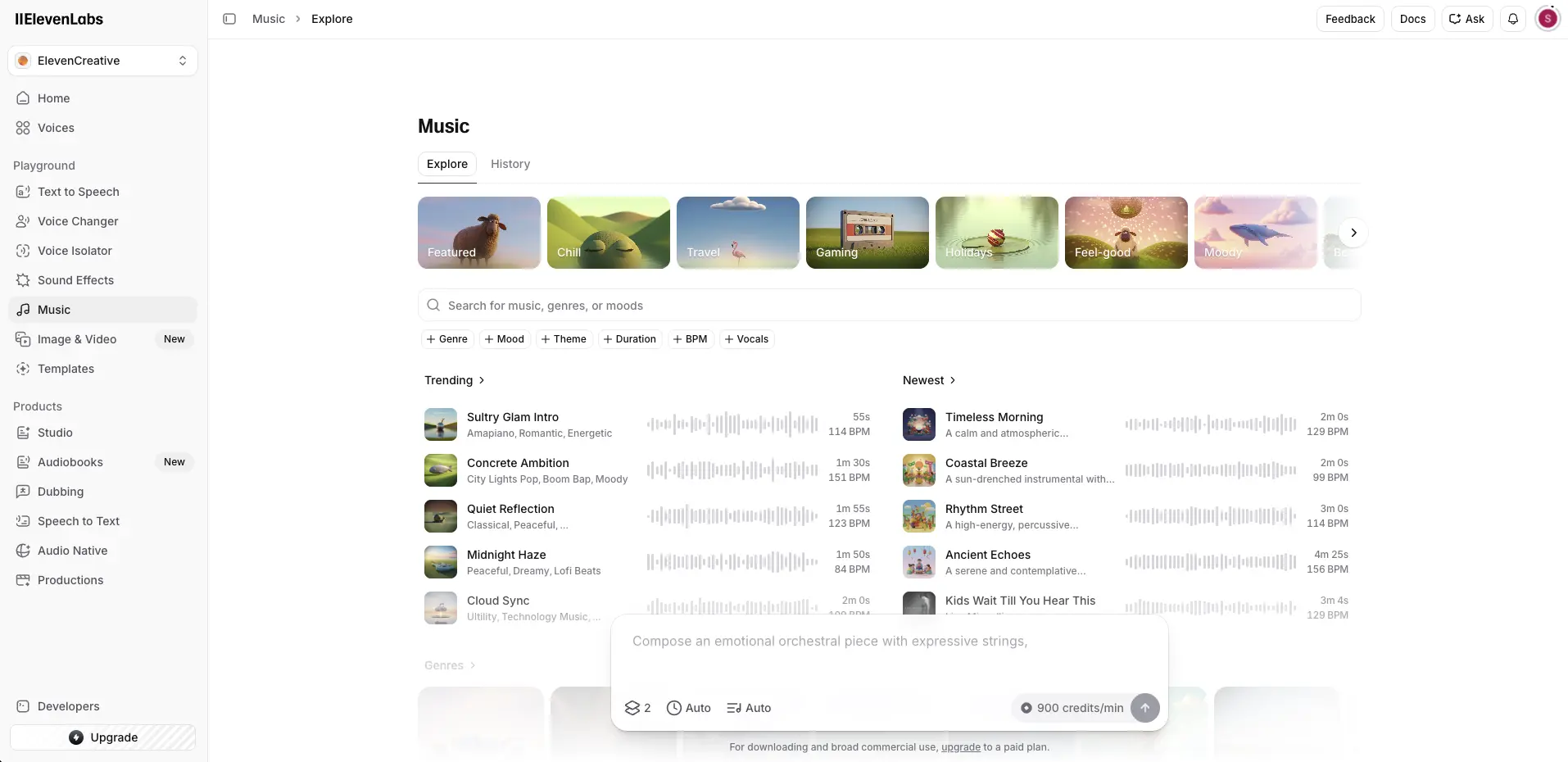
ElevenLabs generates highly realistic AI voices from text and allows you to clone voices with impressive accuracy. You can choose different speakers, languages, and tones, and use voice tags like [whispers], [sarcastic], or [laughs] to control delivery within the same script.
The voices sound super natural and the voice cloning is especially powerful — once trained, your cloned voice can read anything you write and sound convincingly like you.
ElevenLabs also offers Voice Agents, which are conversational voice bots you can speak to in real time. These can be integrated into apps, customer support systems, call centers, or workflows as a voice-based interface layer.
The main drawbacks are cost at higher usage levels and the ethical considerations around voice cloning. It’s also primarily a voice platform — you’ll need other tools if you want full video production.
Common use cases include audiobooks, podcast narration, YouTube voiceovers, voice cloning for creators, customer support bots, call automation, outbound reminders, and adding voice interfaces to apps or products.
9. Synthesia
Generates interactive AI videos and video agents for business use cases.
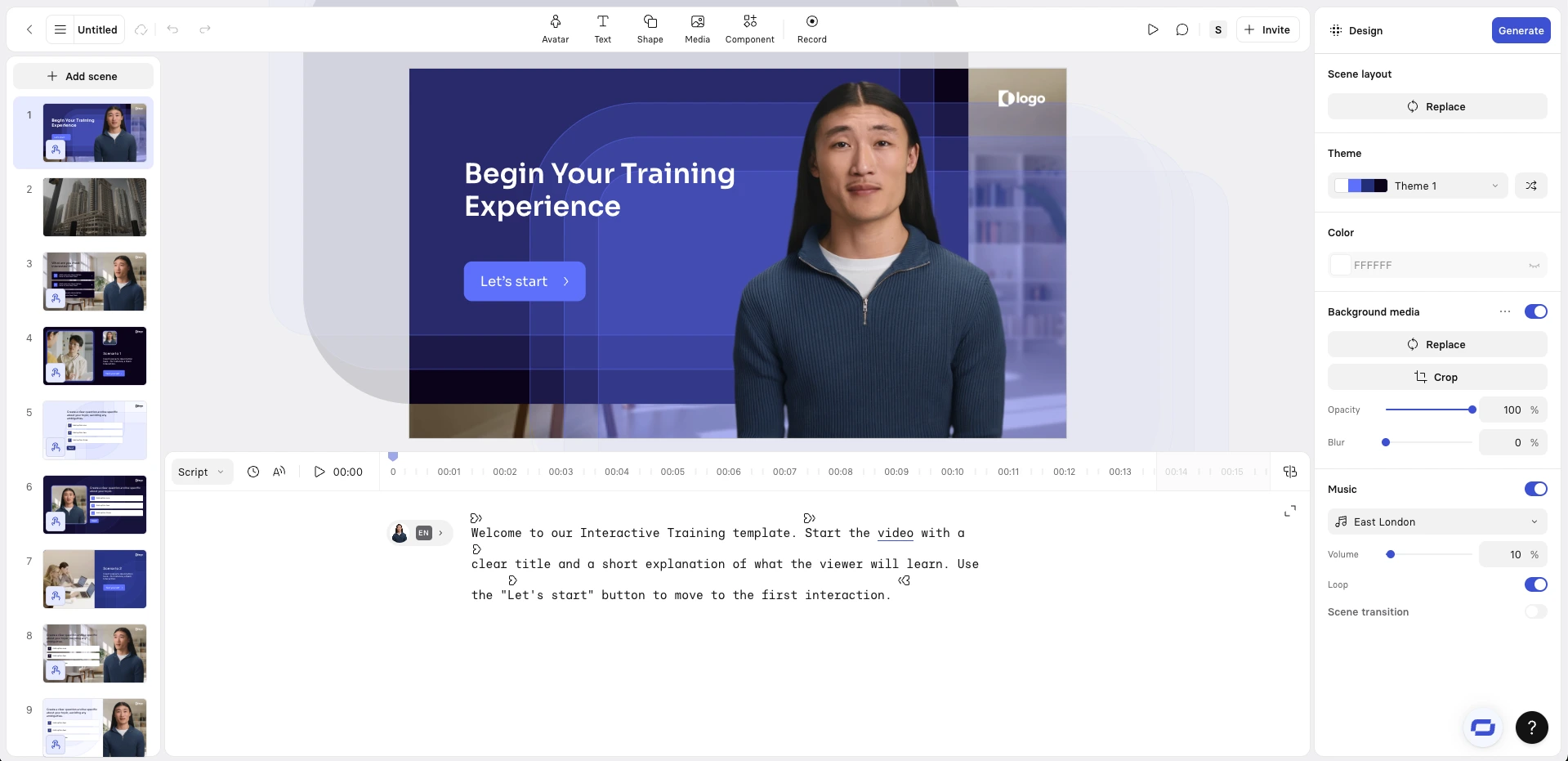
URL: https://www.synthesia.io/
Synthesia turns a prompt, script, document, slides, or webpage into interactive, presenter-led videos using realistic AI avatars. You provide the content, choose an AI avatar and language, and it generates a polished video without filming or editing.
The video output is consistent, on-brand, and easy for non-technical teams to produce. The avatars are highly realistic and customizable. Synthesia also includes an AI Playground, which gives users free access to Veo 3 and Sora 2 for generating creative B-roll. In addition, Video Agents allow viewers to interact with videos conversationally, which is particularly useful for training and simulations.
The main drawbacks are that it’s not designed for cinematic storytelling or highly dynamic scenes. The format is structured and presenter-led, so it works best for clarity and consistency rather than creative filmmaking.
Common use cases include employee training, onboarding, product explainers, internal communications, multilingual content, and interactive role play learning.
10. Higgsfield
Gives you access to a wide variety of AI video models with one subscription.
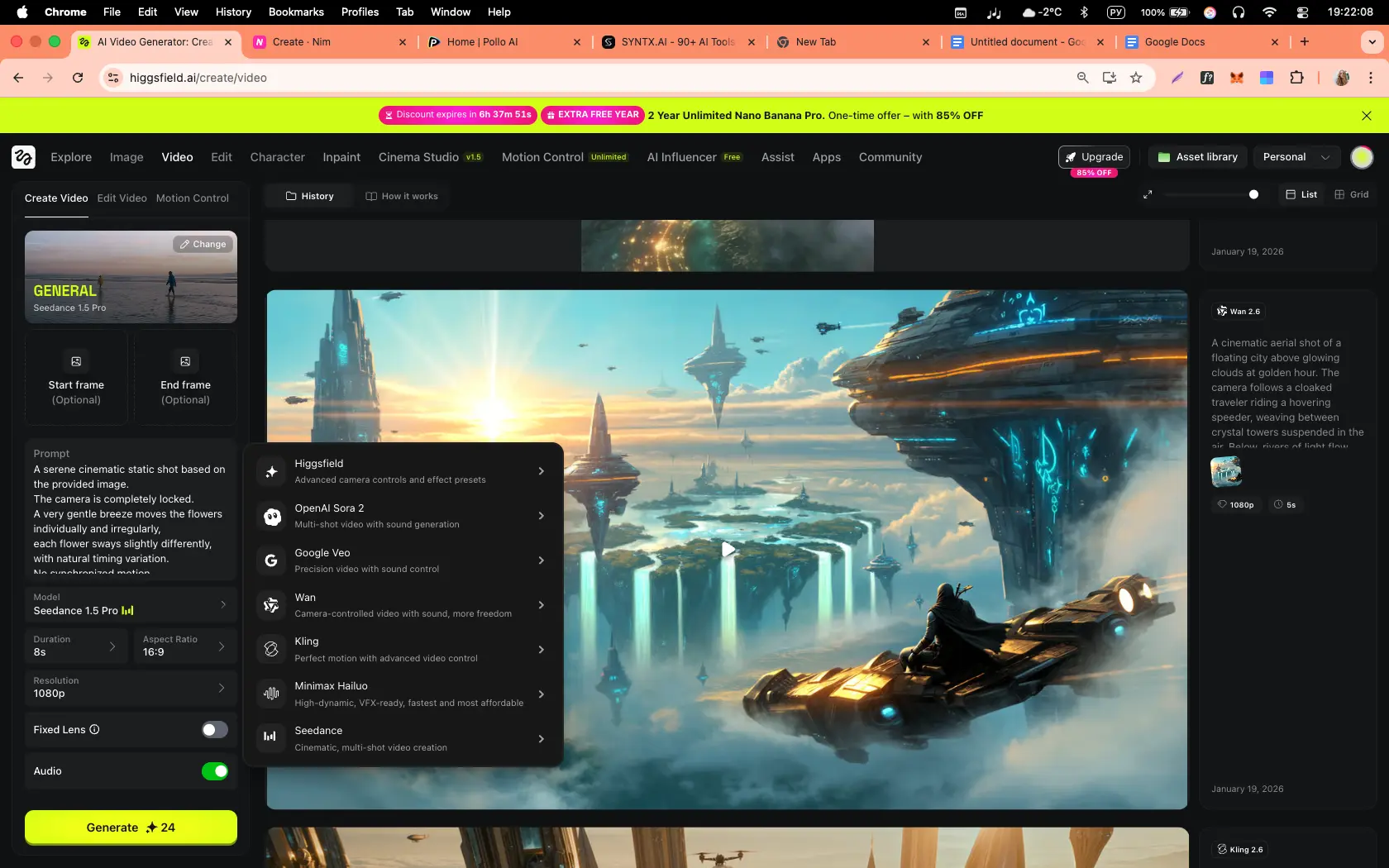
Higgsfield AI is my main creative workspace and the AI aggregator I rely on for both image and video generation. I use it because it lets me work with a wide range of top-tier models inside one clean, professional interface, without constantly switching platforms. The overall experience feels clearly designed for real production work rather than casual experimentation.
What makes the platform especially valuable for me is the combination of unlimited image generation and how quickly new models appear inside the tool. I can test new generators almost immediately, reuse reference images, move from image generation to video, and iterate inside the same ecosystem. This saves a lot of time when I work on short films, advertising content, and creative concepts.
The main limitations I feel are on the video side. The most powerful video models burn through credits very quickly, and during busy periods generation can slow down. I also miss more advanced automation or node-based workflows, which would make complex or large-scale pipelines easier to manage.
Overall, for me, Higgsfield AI is one of the most balanced all-in-one platforms available today for serious creative work. Despite the credit cost for premium video models and the lack of deeper automation, it remains my go-to tool for professional visual and video production.
11. Gamma
Turns notes or ideas into presentations, documents, and simple webpages.
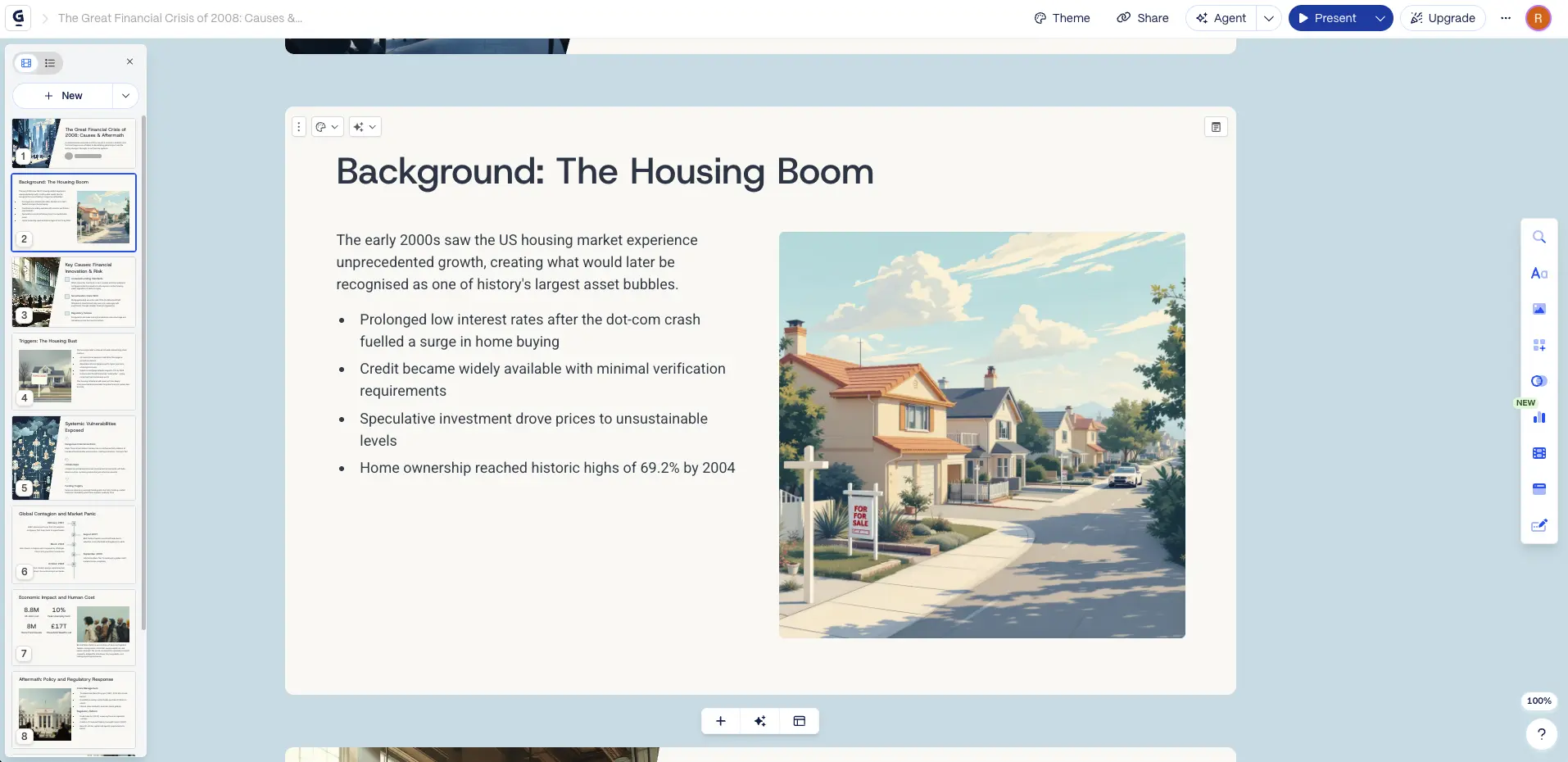
URL: https://gamma.app/
Gamma creates presentation decks from prompts, notes, or existing files. You describe your topic and slide count, and it generates a structured, designed presentation in seconds. It also lets you edit easily and export to PowerPoint (.pptx) when needed.
The slides Gamma generates look clean and modern, often with relevant AI-generated visuals, and they’re far more presentable than a typical quick PowerPoint build. It’s especially useful if you present often and want to focus on refining ideas rather than formatting slides.
The main drawbacks are usage limits on the free plan and some design sameness if you rely on it heavily without customization. You’ll still need to adjust content for highly detailed or brand-specific work.
Common use cases include client pitches, internal updates, marketing explainers, turning notes into structured decks, and refreshing older presentations or PDFs.
12. Fathom
Records meetings and automatically produces summaries and action items.
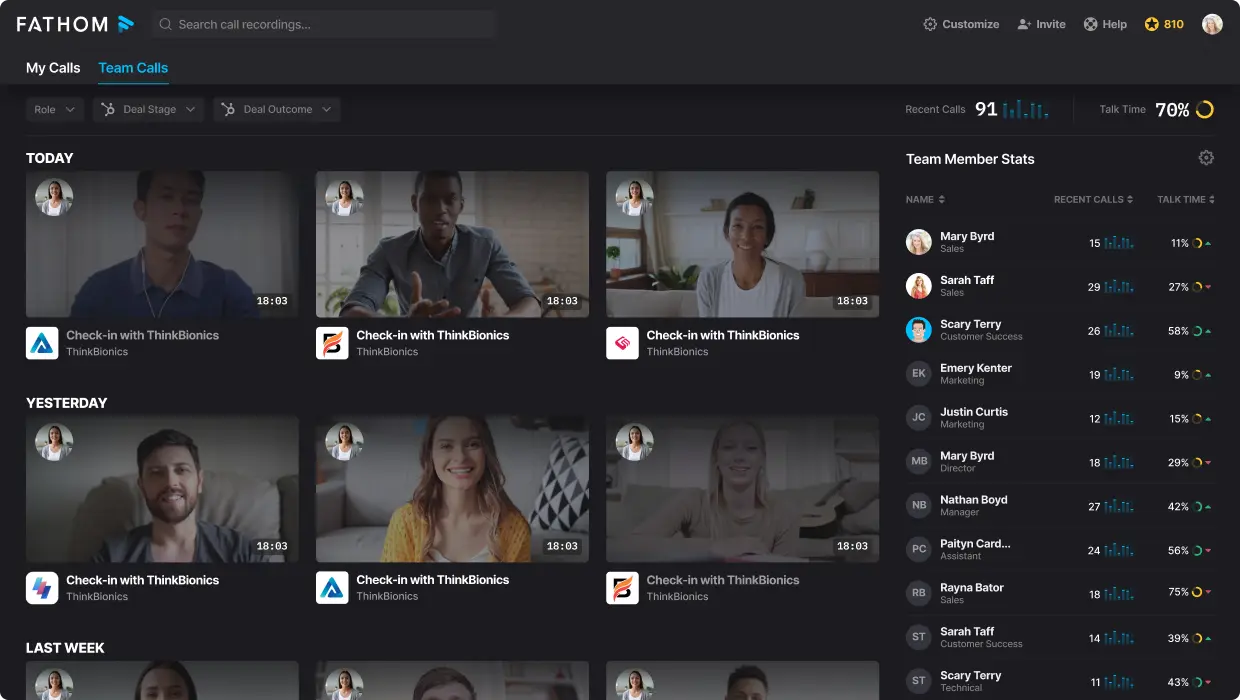
You might have seen Fathom pop up during work calls—it’s one of the most genuinely useful AI tools I use day-to-day.
It’s an AI notetaker that joins your Zoom or Microsoft Teams meetings, records the entire conversation, and tracks who said what. If I forget an action item, need to revisit an explanation, or just want to double-check what someone said, it's incredibly handy.
Alongside a full transcript, Fathom generates a clear, structured summary. In my experience, the notes are consistently accurate and well-organized.
The app is free to use with a few limits. Premium plans start at $19/month and unlock unlimited AI features and deeper integrations. For what it offers—especially how well it captures questions and action items—it’s tough to beat.
It’s one of those tools that makes you wonder how you ever worked without it.
About the author
Content Writer & Marketing Expert
Ema Lukan
Ema Lukan is a seasoned Content Writer and Marketing Expert with a rich history of collaborating with marketing agencies, SaaS companies, and film studios. Her skill set encompasses copywriting, content creation, and a profound understanding of the intricate fabric of brand identity. Ema distinguishes herself not merely as a wordsmith but as a storyteller who comprehends the power of narratives in the digital landscape. Fascinated by new technologies, she navigates the evolving marketing terrain with creativity and analytical precision, leveraging data to refine strategies. Her passion lies in crafting compelling stories that resonate, always mindful of the ever-changing dynamics in the digital world and the culture shaping it.






